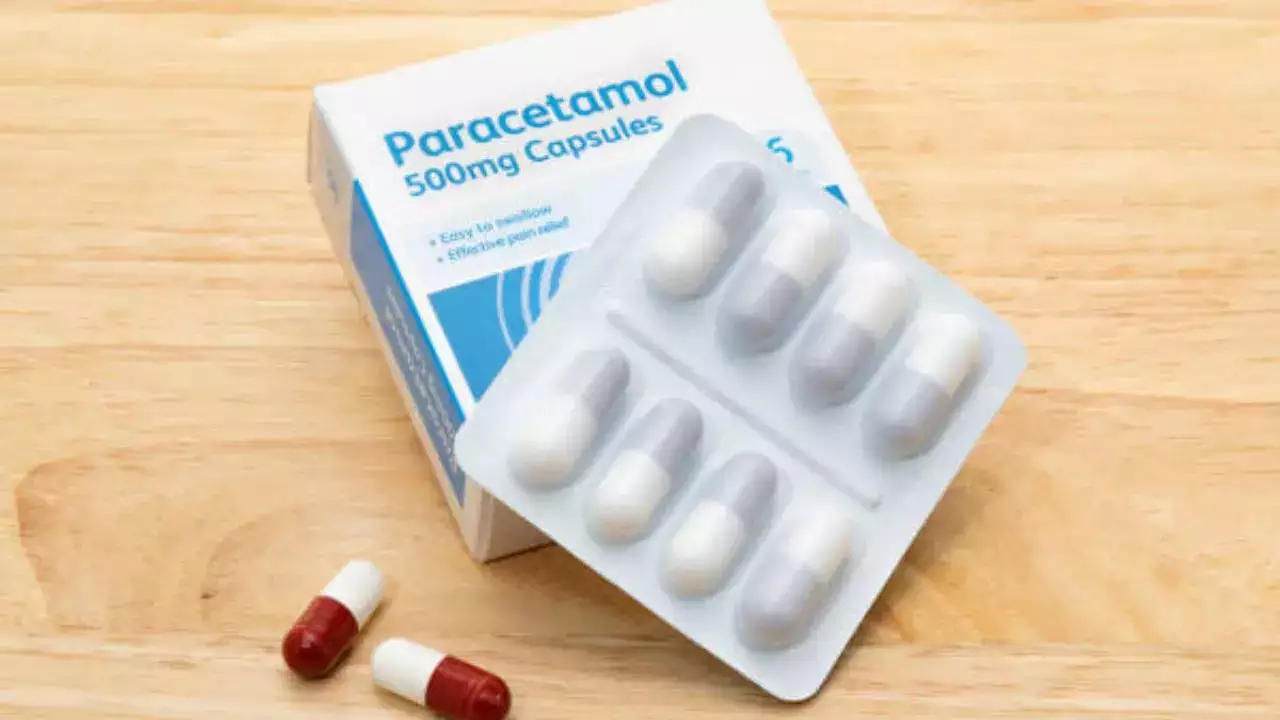
Elderly At Risk! New Study Reveals Paracetamol Could Trigger Heart And Kidney Problems (Image Credits: iStock)
Paracetamol, a widely used over-the-counter medication, may increase the risk of gastrointestinal, heart, and kidney complications in adults aged 65 and above, according to a new study conducted by researchers at the University of Nottingham, UK.
While commonly prescribed to alleviate mild-to-moderate pain and fever, paracetamol is also the first-line treatment for osteoarthritis. This chronic condition, marked by joint pain, stiffness, and swelling due to wear and tear, often requires consistent management. Paracetamol has long been considered safe, effective, and accessible, making it a popular choice for elderly patients. However, growing evidence raises questions about the drug's safety and effectiveness for long-term use, particularly in senior citizens.
Key Findings of the Study
The latest research, published in the journal Arthritis Care and Research, found that prolonged paracetamol use significantly increased the risk of severe health complications in older adults:
A 24 per cent increased risk of peptic ulcer bleeding (bleeding due to ulcers in the digestive tract).
“This study shows a significant incidence of renal, cardiovascular, and gastrointestinal side effects in older people who are repeatedly prescribed acetaminophen [paracetamol],” the researchers stated.
The analysis used health records of over 1.8 lakh individuals aged 65 and above who had been prescribed paracetamol more than twice within a six-month period. Their outcomes were compared with those of 4.02 lakh individuals of the same age group who had no repeated prescriptions of paracetamol. All data was drawn from the Clinical Practice Research Datalink-Gold database, covering a period between 1998 and 2018. The participants’ average age was 75, and all had been registered with a UK general practitioner for at least a year.
Lead researcher Dr Weiya Zhang from the University of Nottingham’s School of Medicine emphasized the importance of reevaluating paracetamol’s role in managing chronic conditions like osteoarthritis. “Due to its perceived safety, paracetamol has long been recommended as the first-line drug treatment for osteoarthritis by many treatment guidelines, especially in older people who are at higher risk of drug-related complications,” Zhang said.
“While further research is needed to confirm our findings, the minimal pain-relief effect of paracetamol highlights the need for careful consideration before prescribing it as a first-line treatment for long-term conditions such as osteoarthritis in older adults,” Zhang added.
Earlier Research Challenges Effectiveness
The study builds upon earlier findings that question paracetamol’s effectiveness. A 2016 study published in The Lancet analyzed 76 randomized trials involving 58,451 patients and concluded that paracetamol failed to deliver the minimum levels of pain relief or improve physical function in individuals with knee and hip osteoarthritis.
Preventing Complications in Older Adults
Given these findings, experts recommend that elderly patients explore alternative pain management options under medical guidance. Strategies to minimize the risks associated with paracetamol include:
- Limiting prolonged use: Avoid long-term reliance on paracetamol unless necessary.
- Monitoring dosage: Stick to the lowest effective dose for the shortest possible duration.
- Lifestyle changes: Incorporate low-impact exercises, weight management, and physical therapy to alleviate osteoarthritis symptoms.
- Regular health checks: Monitor kidney function, blood pressure, and gastrointestinal health for early detection of potential complications.
Get Latest News Live on Times Now along with Breaking News and Top Headlines from Health and around the world.
